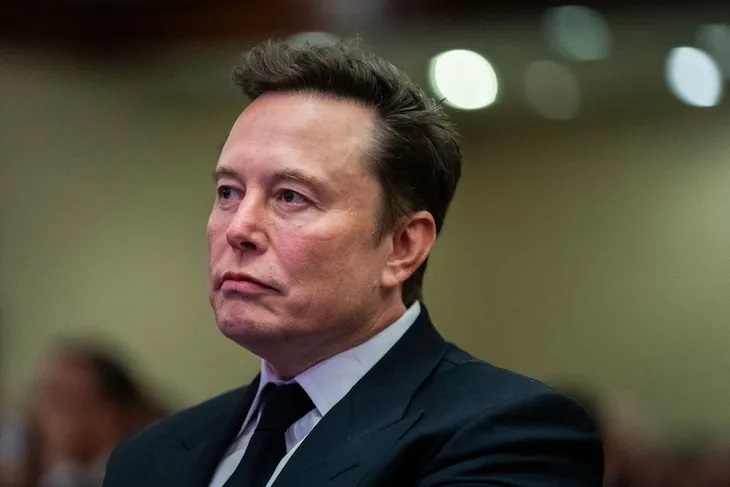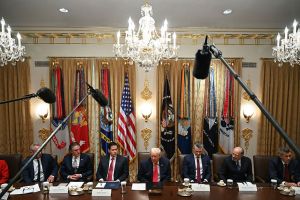Fresh from explosively disrupting the politics of the US and Britain, Elon Musk has now turned his attention to Germany. The world’s richest man has written an op-ed in the newspaper Die Welt, endorsing the hard-right populist AfD Party, which he has called “Germany’s last faint hope.”
By doing so, Musk has smashed the carefully constructed firewall which Germany’s old ruling center-right and center-left parties had erected against the rapidly rising AfD. The older parties have effectively refused to cooperate with it or join the AfD in local government coalitions.
Germany’s establishment will not stem the rise of the right by banning the AfD or branding them as neo-Nazis
With Germany facing a general election in February after the collapse of Olaf Scholz’s wildly unpopular coalition government, Musk’s intervention could not have been better timed. It has already caused a rumpus at the center-right Die Welt, with the paper’s comment editor resigning in protest against Musk’s piece.
Founded in 2013 as a protest party against the abolition of the Deutschmark currency for the euro, the AfD rapidly moved to the right to protest against the impact of mass immigration to Germany. It is now second only to the opposition center-right CDU/CSU in the polls. Faced with the insurgent party coming first in local elections in eastern Germany this year, the old parties accused the newcomers of being neo-Nazis.
Germany’s internal intelligence agency, which guards the constitutional order against any revival of the banned Nazi Party, has placed the AfD under special surveillance on suspicion of harboring Nazi views, and it is true that leading AfD figures have used old Nazi slogans. Its leader in Thuringia, Björn Höcke, has also described the Holocaust memorial in central Berlin as a “monument of shame.” Musk countered this Nazi accusation by pointing out that AfD leader Alice Weidel has a same-sex partner from Sri Lanka, asking rhetorically “Does that sound like a Nazi?”
If opinion polls are to be believed, the coming elections in the New Year will be won by the CDU, with the AfD coming second and Olaf Scholz’s center-left SPD trailing in third place. Rather than any resurgence of Nazism, Germany is belatedly experiencing a phenomenon that is already transforming politics in states elsewhere in Europe like France, Italy, the Netherlands and Austria. All have seen the rise of hard-right populist parties, mainly in response to millions of migrants arriving from the Middle East.
Germany’s establishment will not stem the rise of the right by banning the AfD or branding them as neo-Nazis, and Elon Musk has exposed the futility of such tactics with his explosive intervention. Yet again the billionaire entrepreneur has demonstrated his unerring ability to stir up politics across the globe by highlighting urgent issues that established parties would rather ignore.

























